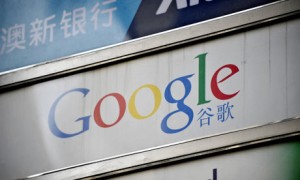Google announced that it believes that China is responsible for cyber attacks on Google China. Google is now unwilling to censor search results in China (The Guardian).
Secretary of State Hillary Clinton, about to begin a tour of Asia, said “We have been briefed by Google on these allegations, which raise very serious concerns and questions. We look to the Chinese government for an explanation.” (The Guardian / NY Times).On their blog (here), in a post entitled “A New Approach to China” Google said:
“In mid-December, we detected a highly sophisticated and targeted attack on our corporate infrastructure originating from China that resulted in the theft of intellectual property from Google.”
“At least twenty other large companies from a wide range of businesses–including the Internet, finance, technology, media and chemical sectors–have been similarly targeted.
“we have evidence to suggest that a primary goal of the attackers was accessing the Gmail accounts of Chinese human rights activists.”
“These attacks and the surveillance they have uncovered–combined with the attempts over the past year to further limit free speech on the web–have led us to conclude that we should review the feasibility of our business operations in China. We have decided we are no longer willing to continue censoring our results on Google.cn, and so over the next few weeks we will be discussing with the Chinese government the basis on which we could operate an unfiltered search engine within the law, if at all. We recognize that this may well mean having to shut down Google.cn, and potentially our offices in China.”
China responded on Danwei.org by claiming that Baidu.com was hacked by a group calling itself the “Iranian Cyber Army” (here). It appears that search engines are hacked all the time in China and like free speech, computer security doesn’t exist in China.
